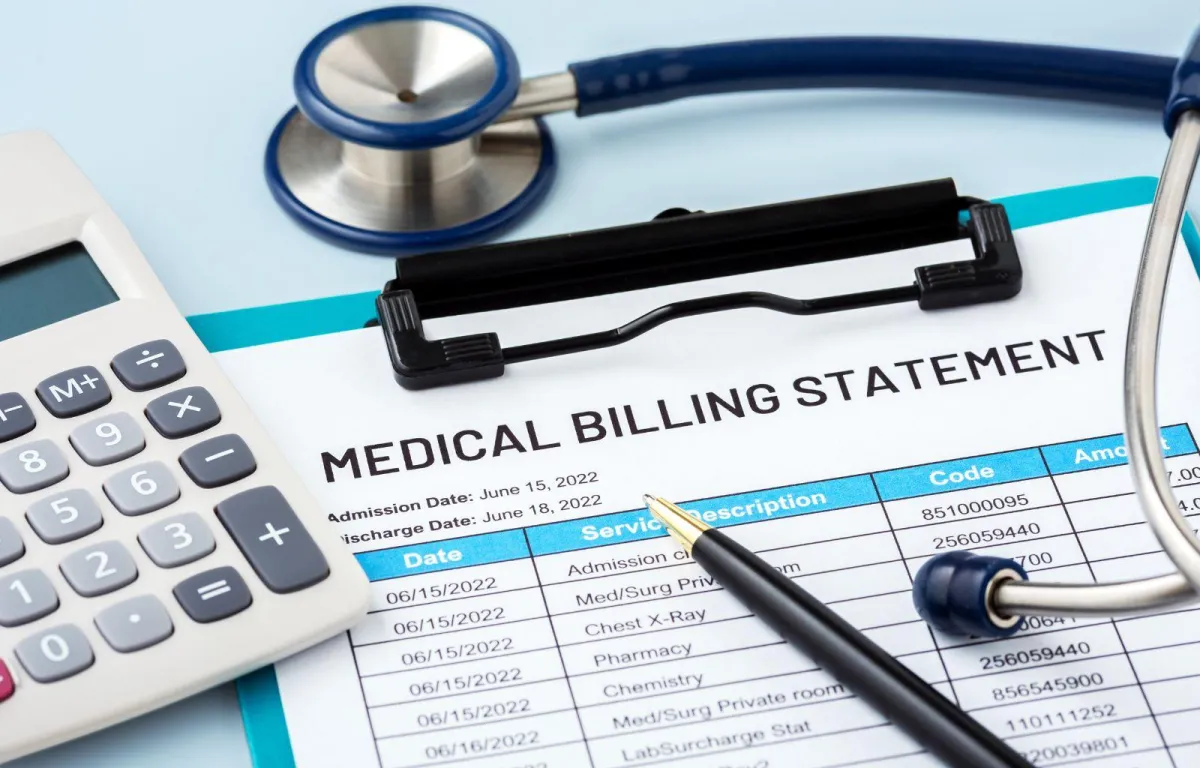North Carolina Debt Relief
If you live in North Carolina and are struggling with credit card balances, medical bills, or other unsecured debt, you are not alone. Rising housing costs in cities like Charlotte and Raleigh, combined with stagnant wages in many rural counties, make it difficult for families to stay ahead of monthly bills. Debt Support National (DSN) provides structured debt relief programs that reduce balances, simplify repayment, and give North Carolinians a clear path toward long-term financial stability.
5-Star Reviews!

North Carolinians and Debt
North Carolina’s economy is shaped by a mix of industries including banking, healthcare, technology, and agriculture. Charlotte is home to major financial institutions like Bank of America and Truist Financial, making it a national hub for credit and lending. At the same time, residents in rural communities often face lower wages and limited employment opportunities, leaving many households stretched financially.
The Research Triangle (Raleigh, Durham, Chapel Hill) has grown rapidly, but rising rents and housing prices have put added pressure on families. At the same time, medical bills and personal loans remain major contributors to financial hardship statewide. With credit card interest rates averaging over 20%, balances can quickly become unmanageable. Debt relief programs provide North Carolinians with structured solutions to break the cycle of revolving debt.
When you work with DSN, you can expect:
Personalized Debt Review – A certified specialist evaluates your income, expenses, and outstanding debts to recommend the best solution.
One Predictable Monthly Payment – Replace multiple bills with one affordable program payment, often less than your combined minimums.
Clear Timeline to Resolution – Many clients in North Carolina complete their programs within 24 to 48 months, depending on debt amount and chosen plan.
See Our Reviews
North Carolina Debt Relief Options
Residents of North Carolina have access to several established programs for managing or reducing unsecured debt.
Debt Settlement in North Carolina
Debt settlement reduces what you owe by negotiating with creditors to accept less than the full balance. DSN represents your interests, working with lenders and collection agencies to finalize agreements that resolve accounts for lower lump-sum payments. The process includes:
Consultation – A debt specialist reviews your financial situation to see if settlement is right for you.
Enrollment – You begin contributing to a dedicated account under your control.
Negotiation – DSN works with creditors and collection agencies to secure reduced settlement offers.
Resolution – Funds from your account are applied once agreements are reached.
Eligible debts include credit cards, medical bills, payday loans, personal loans, and marital debt. Not eligible are secured obligations such as mortgages and auto financing, along with court-ordered responsibilities like child support and alimony.
Debt Consolidation in North Carolina
Debt consolidation combines multiple unsecured debts into one new loan with a single monthly payment. This approach may lower interest costs and simplify repayment. North Carolina residents can pursue consolidation loans through banks, credit unions, or online lenders. Consolidation works best for borrowers with stable income and fair-to-good credit.
Debt Management Plans (DMPs)
A DMP, usually arranged through a nonprofit credit counseling agency, rolls unsecured debts into one monthly payment. Agencies work with creditors to reduce interest rates and waive late fees. Most DMPs in North Carolina last three to five years, creating a predictable repayment schedule.
State Laws and Protections
North Carolina enforces several laws and regulations to protect consumers dealing with debt:
Fair Debt Collection Practices Act (FDCPA) – Federal law that bans harassment, threats, or deceptive collection practices.
North Carolina Debt Adjusting Act (N.C. Gen. Stat. § 14-423 et seq.) – Limits the fees that can be charged for debt adjusting services and prohibits abusive practices.
North Carolina Department of Justice – Consumer Protection Division – Oversees compliance with debt collection laws and investigates consumer complaints.
Interest Rate and Payday Loan Limits – North Carolina prohibits traditional payday lending storefronts and enforces strict usury caps under N.C. Gen. Stat. Ch. 24, though some online lenders attempt to operate illegally.
Statute of Limitations – For most unsecured debts, including credit cards and medical bills, the statute of limitations is three years under N.C. Gen. Stat. § 1-52. After this time, creditors cannot sue to collect, though debts may still appear on credit reports.
Residents should confirm that any debt relief provider is properly licensed and operating in compliance with North Carolina law before enrolling in a program.

North Carolina Debt Relief FAQs
How does North Carolina regulate debt collectors?
In addition to federal rules under the FDCPA, North Carolina enforces the Collection Agency Act (N.C. Gen. Stat. § 58-70), which requires collection agencies to be licensed by the state. This ensures oversight and gives consumers the ability to file complaints if they face abusive practices.
Does North Carolina’s three-year statute of limitations apply to medical debt as well?
Yes. Most unsecured debts, including unpaid medical bills, fall under the state’s three-year statute of limitations. After that period, creditors cannot sue in court to collect, though providers may still pursue voluntary payments or assign accounts to collection agencies.
Can utility bills in North Carolina be sent to collections?
They can. Unpaid utility balances for electricity, water, or heating are considered unsecured debts. If left unpaid, providers may transfer these accounts to collection agencies, which can negatively impact credit scores even though the state regulates collection activity.
Does North Carolina allow deficiency balances on repossessed vehicles?
Yes. If a car is repossessed, the lender may sell it at auction. If the sale does not cover the full loan balance, the remaining amount, called a deficiency balance, may be pursued as unsecured debt. These balances can also be subject to debt relief programs.
Are debt relief providers required to register with state authorities in North Carolina?
Yes. Companies offering debt settlement or debt adjusting services must comply with North Carolina licensing and fee restrictions. The Department of Justice – Consumer Protection Division and the Commissioner of Banks oversee compliance, helping protect residents from unregulated or predatory operators.

Helping you achieve financial success with expert guidance and personalized strategies.
Opening hours
Mon - Fri : 9:00 AM - 7:00 PM
Saturday: 9:00 AM - 6:00 PM
Sunday: Closed
Disclaimer : Debt Support National is an independent website created to help users find a solution to their debt problems. Our service is free to use and you are under no obligation to accept any of the recommendations you receive. Calls may be recorded for training and quality purposes. Please check with your service provider for details. On completion of our form, we will introduce you to one of our authorised Debt Solutions provider. We use the contact details you have given us on the form to make this introduction. An adviser will contact you by telephone. During that call, the expert adviser will discuss your options in more detail to see if they can help.
Pulse Digital LLC does not directly administer debt management services. It is ultimately up to you to determine whether the company that we may introduce you to are appropriate for your situation.
Pulse Digital LLC is paid for providing marketing services to selected Debt Management companies who are legally appointed to manage debt adjustment services. They have no affiliation with your Creditors. They will offer free initial consultations with no further obligation.
We use cookies to give you the best experience. By using our website, you agree to our use of cookies in accordance with our cookie policy. Names and pictures associated with client testimonials are not real in order to protect the privacy of all clients.
www.deptsupportnational.com is owned by Pulse Digital LLC. Registered Address: 447 Broadway, 2nd Floor, 754, New York, NY 10013
© Debt Support National. 2025. All Rights Reserved.







